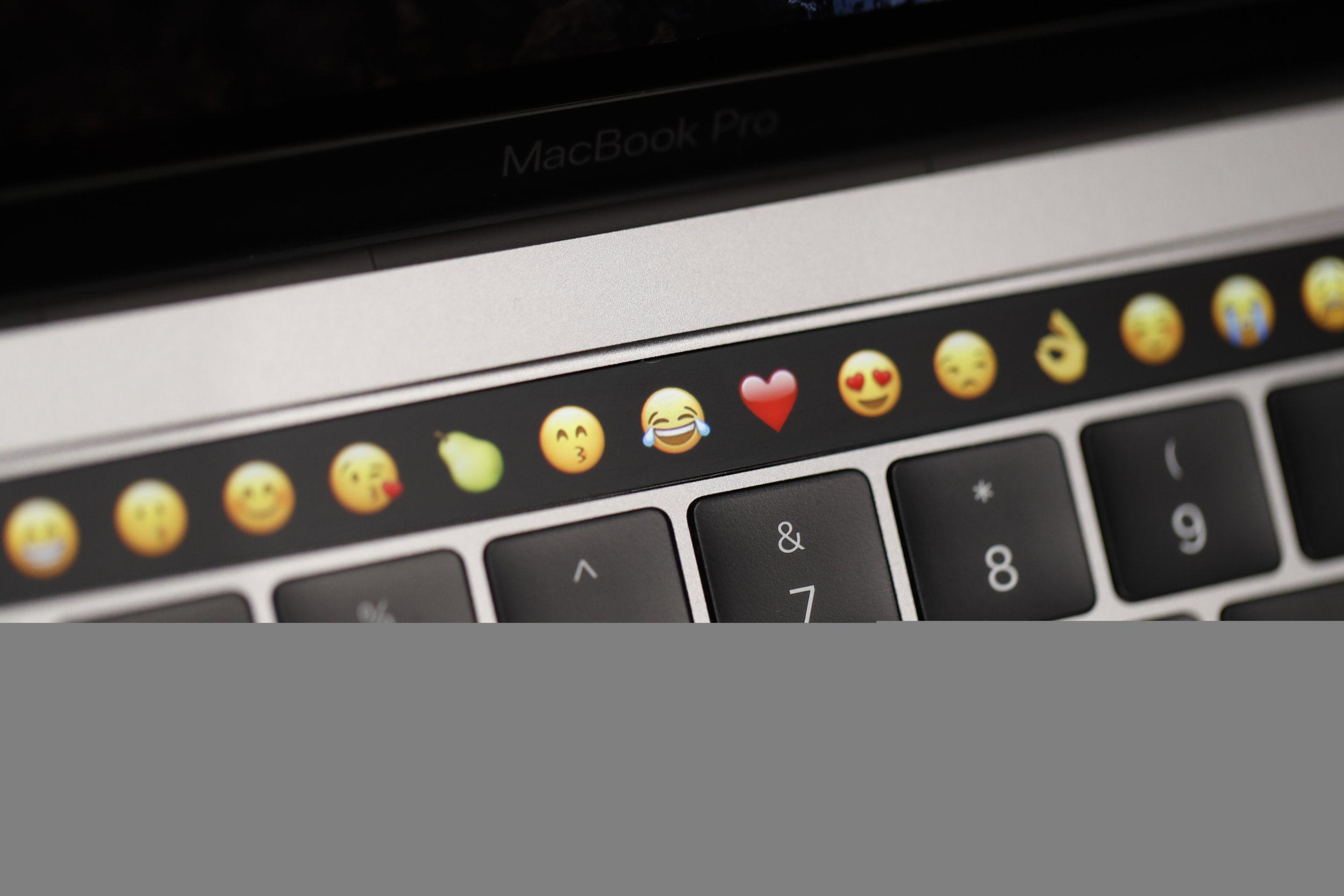
Sure, emojis are great for reducing typing and lightening the mood, but if one group of research scientists gets their way, the ubiquitous little pictures could also help make science more rigorous and transparent. And right now, a government agency is looking for scientists to chime in about the best way to design emojis that could do just that.
These aren't the science-themed emoji you already know and love, like the rocket, the syringe full of blood, and the alembic. They would be tailored by scientific communities for scientific communities to help the best science stand out.
"We're all prone to unconscious bias and that can influence our science, so you have to take steps to minimize potential bias," Shai Silberberg, a program director at the National Institute of Neurological Disorders and Stroke who also works on improving science, told Newsweek.
Good experiments regularly build in protections like researchers not knowing whether someone is receiving a drug or a placebo, but those steps usually aren't discussed when scientists are presenting their research to colleagues. "I get totally frustrated listening to talks and you have no idea how experiments were done, you have no idea if they were carefully done or not," Silberberg said.
So he started thinking about ways to easily document in a presentation or poster which steps a researcher had taken to ensure their science held up. For him, the obvious choice was emojis, and he convinced his department to issue a request for information based on the idea. That means that until December 15, scientists can send in their thoughts about the idea.
That includes simply whether the idea seems worthwhile, as well as specific ideas emojis should convey and what they should look like. From his current conversations at scientific conversations, Silberberg says he's been getting positive feedback about the idea. "The youngsters, I'm sure, will buy into this immediately," he said. "Old people like me, it's more difficult."
He and his colleagues on the project are already thinking about possible images, like a game die to note studies where subjects have been randomly sorted into different treatments. He wants the system to be applicable not just in medical sciences, where he works, but across fields, which is part of the point of asking for public comment.
Silberberg plans to have the National Institutes of Health help him create the emoji images and post them to the agency's website for scientists to download and use for free. He also notes there's no money attached to the project itself. He's not sure the emojis would ever make their way to phone keypads, though. "But if the public knows that science is more transparent, obviously that's good."
Uncommon Knowledge
Newsweek is committed to challenging conventional wisdom and finding connections in the search for common ground.
Newsweek is committed to challenging conventional wisdom and finding connections in the search for common ground.
About the writer
Meghan Bartels is a science journalist based in New York City who covers the science happening on the surface of ... Read more
To read how Newsweek uses AI as a newsroom tool, Click here.





